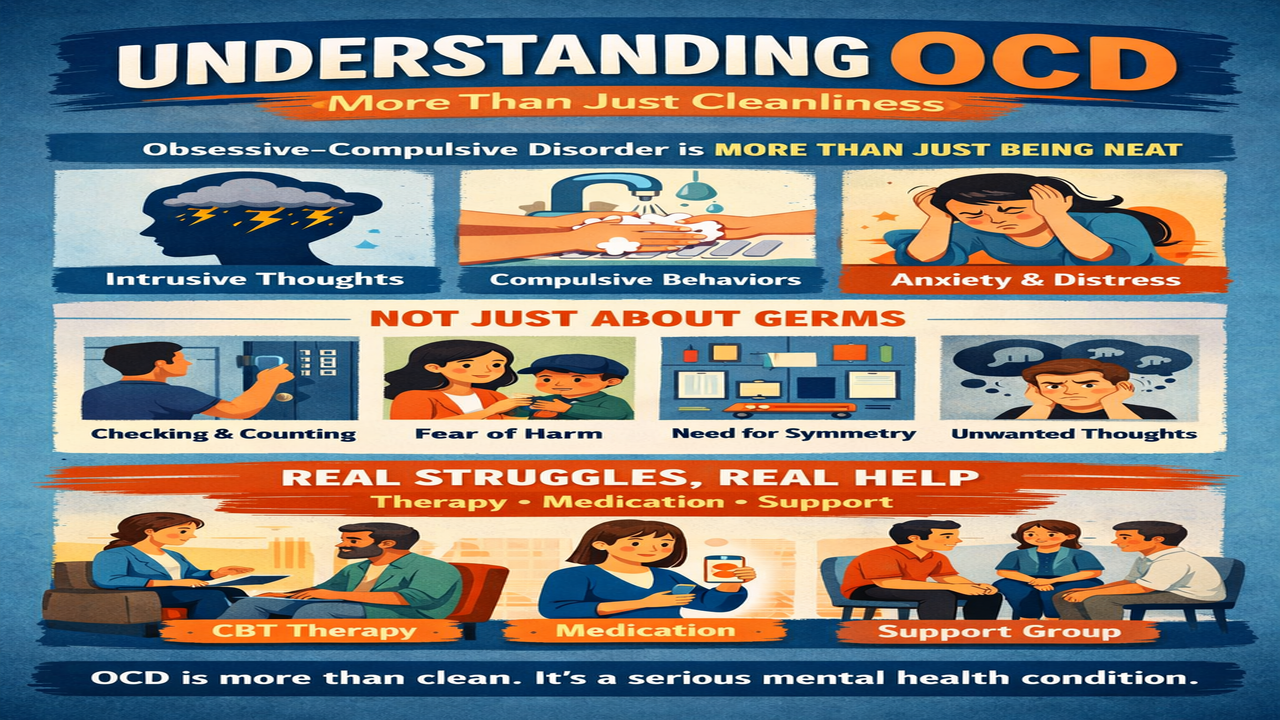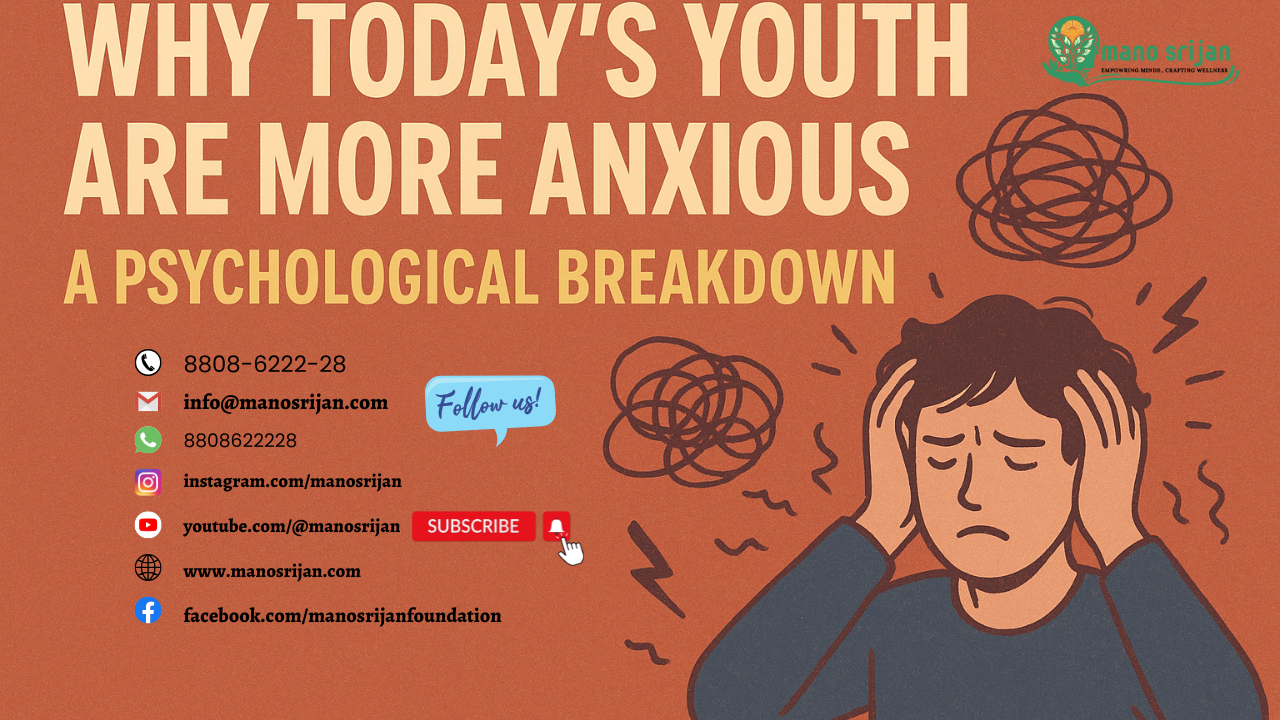
- 08 Nov 2024
- Psy. Ashish Pandey
Emotional intimacy is important in a relationship?
Emotional intimacy is important in a relationship
emotional intimacy is crucial in a relationship. It involves a deep sense of
connection, trust, and understanding between partners. When emotional intimacy
is present, both people feel safe to share their true feelings,
vulnerabilities, and experiences without fear of judgment or rejection. It
allows for open communication, empathy, and support, which strengthens the bond
and helps both individuals feel seen, heard, and valued.
Emotional intimacy is what helps build long-term stability in relationships, as it creates a foundation of mutual respect and care. It can be particularly important in navigating difficult situations, as both partners know they can rely on each other not just for practical support, but also for emotional validation and comfort.
When emotional intimacy is present,
both people feel comfortable sharing their true selves—whether it's their
hopes, fears, dreams, or vulnerabilities—without fear of judgment or rejection.
This kind of closeness strengthens the emotional bond and fosters a sense of
security and mutual support.
Here are some reasons why emotional
intimacy is so crucial in a relationship:
- Trust and Safety:
Emotional intimacy creates a safe space where partners can be vulnerable,
knowing they won’t be judged or dismissed. Trust forms the foundation for
open communication and deep emotional connection.
- Better Communication:
With emotional intimacy, communication becomes more honest and meaningful.
Partners are more likely to discuss their needs, desires, and concerns
openly, which helps prevent misunderstandings and build a stronger bond.
- Stronger Emotional Support: Emotional intimacy allows partners to be there for
each other not just during good times but also during challenges. It’s
easier to offer and receive emotional support when both people feel
understood and validated.
- Enhanced Physical Connection: While emotional intimacy doesn’t automatically
translate into physical closeness, it often enhances it. Feeling
emotionally close can lead to deeper physical affection and intimacy, as
both partners feel safe and cared for.
- Conflict Resolution:
When emotional intimacy is strong, conflicts are easier to navigate.
Partners can approach disagreements with empathy and a desire to
understand each other’s perspective, rather than feeling defensive or
distant.
Without emotional intimacy, a
relationship might struggle to grow or feel fulfilling, even if other aspects,
like physical attraction or shared interests, are present. It’s the emotional
depth that makes a relationship truly connected and resilient.






